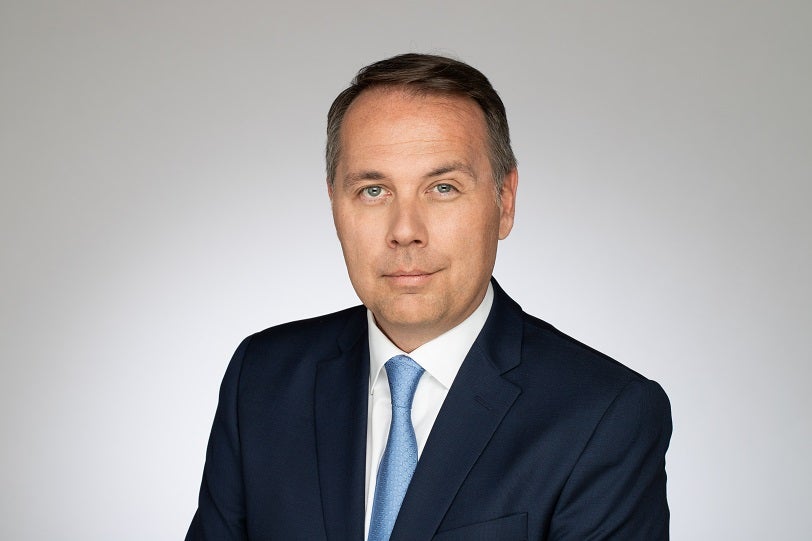The transfer of wealth between generations is a key milestone in a family’s life cycle, marking the handing down of the previous generation’s efforts and the opportunities awaiting the next. Richard Albrecht writes
As baby boomers – one of the wealthiest generations in history – begin the process of passing on their accumulated assets, millennials are expected to inherit up to $100trn over the next 25 years.
This shift is crucial for wealth managers, in order to seize the opportunities presented by this new situation.

Understanding wealth transfer
Intergenerational wealth transfer involves all assets, including property, investments, businesses, and personal valuables. This process is not merely transactional – it is profoundly interwoven with the family’s heritage, values, and aspirations.
Recent decades have seen a shift towards more complex financial environments and regulatory landscapes, transforming how wealth is transferred. This requires sophisticated planning and strategies.
Furthermore, the next generation has a different set of priorities to the current one. According to the 2023 Swiss Banking Outlook, opportunities for the Swiss banking sector over the next 12 months, aside from rising interest rates, include improving the digital customer experience and promoting sustainable finance.

US Tariffs are shifting - will you react or anticipate?
Don’t let policy changes catch you off guard. Stay proactive with real-time data and expert analysis.
By GlobalDataFinancial planning strategies
A comprehensive estate plan is essential for effective wealth transfer. This advance planning should include wills detailing the distribution of assets to ensure better control and protection. Healthcare directives should also be considered to ensure that personal wishes are respected.
In addition to immediate estate planning, long-term investment strategies also play a decisive role in preserving and growing wealth. Balancing risk and return, asset diversification, and liquidity planning are essential considerations to ensure that wealth not only transfers to the next generation but also grows with it.
In practice, tomorrow’s investors prefer hybrid and fluid systems, combining digital and human contact and free of cumbersome red-tape.
Investment preferences and objectives are also evolving. The NextGen is now looking for sustainable, impact investments, and human-focused products manufactured using renewable energies. These present risks that wealth managers need to take into account. For example, existing impact investing opportunities are largely found in private rather than public markets with implications for liquidity and asset allocation. Wealth managers must navigate these opportunities and issues to achieve the optimum outcome for each client.
The role of advisers
The complexity of wealth transfer makes professional expertise essential.
Choosing an experienced team of professionals, including financial advisers, estate-planning lawyers, and tax experts, is crucial. These experts can provide tailored advice and help manage the complex technical and emotional aspects of wealth transfer.
Relationship managers can facilitate family meetings to ensure clarity and harmony between all parties. These meetings can be crucial for achieving common understanding and addressing any concerns constructively.
A role for the future
Intergenerational wealth transfer is a dynamic process that requires ongoing management and reassessment. Changes in legislation, family dynamics, and financial situations may require adjustments to existing plans.
Managers now need to acquire a wider range of skills. Their role is no longer simply to respond to new demands but also to anticipate new trends and risks, both in terms of investment as well as associated risks, for example, increasing technological risks in relation to cybersecurity, privacy protection, and fraud in certain investments.
Wealth managers must remain close to their clients, across generations, to remain relevant and competitive in an increasingly globalised service market.
Richard Albrecht is the head of wealth management at REYL









